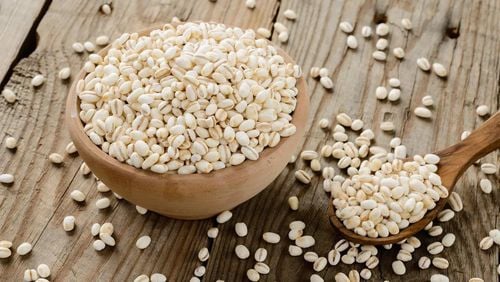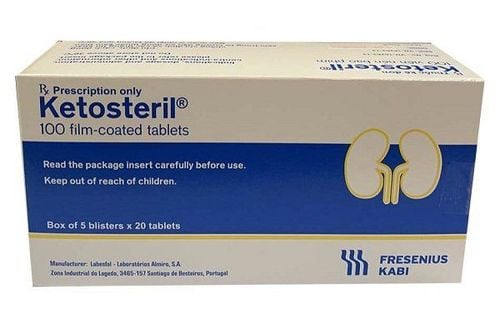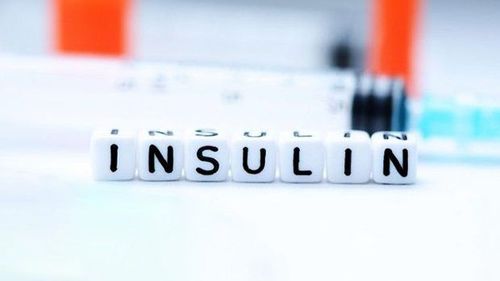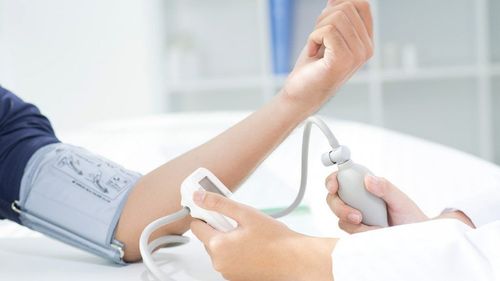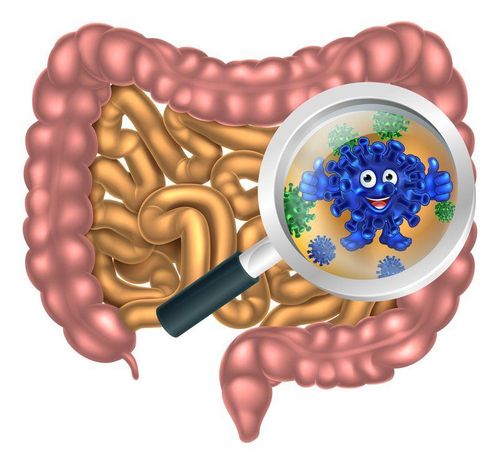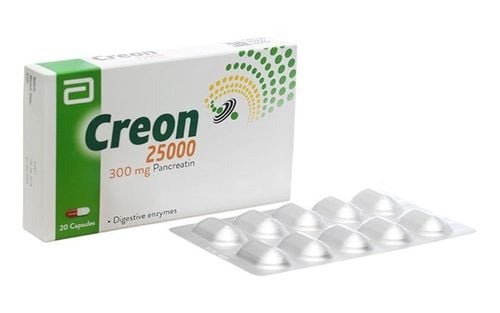This is an automatically translated article.
Insulin resistance is a metabolic disorder of the body, a prerequisite for diabetes. This condition may not cause acute danger, but if prolonged, it can lead to many serious health consequences.
1. What is insulin?
The human body is an extremely perfect machine, in which the metabolism of substances will be regulated by different hormones. In it, the amount of glucose in the blood will be transported into the cells to create energy for the body, under the influence of a hormone produced in the beta cells of the pancreas, insulin hormone.
Under normal physiology, a small amount of insulin will be secreted after each meal to perform this task.
2. What is insulin resistance?
Insulin resistance (or insulin resistance) is a condition in which cells in the body have a reduced ability to respond to the effects of the hormone insulin, especially cells in muscle and adipose tissue.
However, the body still needs energy from glucose to function, so the pancreas will work to compensate for insulin resistance by producing more insulin to increase sugar from the blood into the cells.

Đề kháng insulin xảy ra khi tế bào của cơ thể giảm khả năng đáp ứng với tác dụng của hormone insulin
As a result, the insulin in the blood increases excessively and stimulates the tissues that are still sensitive to insulin, and the blood glucose level remains high because it is not transported into the cells and causes various consequences.
The condition of both hyperinsulinemia and insulin resistance will first affect the body's lipid metabolism. The blood fat metabolism is disturbed with a significant increase in the amount of triglycerides and LDL - low-density lipoprotein molecules in the blood (bad cholesterol for the body) and a decrease in the amount of HDL - high-density lipoprotein (the good cholesterol for the body). ). Besides, insulin resistance also increases the risk of blood clot formation, the production of inflammatory reactions, increased salt retention leading to increased blood pressure.
However, it is important to remember that insulin resistance is not an isolated disease. This is a metabolic disorder that can be accompanied by other medical conditions such as cardiovascular disease, hypertension, type 2 diabetes, obesity, polycystic ovary syndrome, and fatty liver disease (non-alcoholic). ).
However, people with insulin resistance do not always have the above diseases and vice versa. Insulin resistance can be a risk factor for these conditions as well as contribute to the exacerbation of these conditions.
3. Causes of insulin resistance
According to studies to date, the main cause of insulin resistance has not been found. There are many factors that contribute to this condition, such as genetics, race and, in part, lifestyle.

Di truyền là một những yếu tố làm tăng nguy cơ mắc bệnh
People who carry genes related to diabetes, people with metabolic syndrome, often stressed (stress), obesity or people with a sedentary lifestyle will increase insulin resistance.
4. Signs of insulin resistance
In most cases, signs of insulin resistance are not specific or clinical at all. Patients with insulin resistance can adapt to the need for increased insulin production over many years.
Up to a certain point, when the pancreas is no longer able to produce insulin, blood glucose levels will rise and diabetes occurs. If not treated appropriately, long-term high blood sugar will cause damage to blood vessels in many different organs such as the heart, kidneys, brain, eyes, peripheral blood vessels.
At that time, new clinical symptoms appeared and the patient was diagnosed with insulin resistance.
5. Tests for early diagnosis of insulin resistance
Currently, there is no test that directly identifies insulin resistance. To diagnose this condition, a doctor must consider and evaluate the patient's entire condition as well as combine many different test results. Tests commonly used to assess insulin resistance :
Blood glucose : Most often a fasting blood glucose test , but in some cases a glucose tolerance test may be needed . Blood lipid test: Measuring indicators such as HDL, LDL, triglycerides, and total cholesterol, insulin resistance in the early stages often has dyslipidemia (increased triglycerides, LDL and decreased HDL)
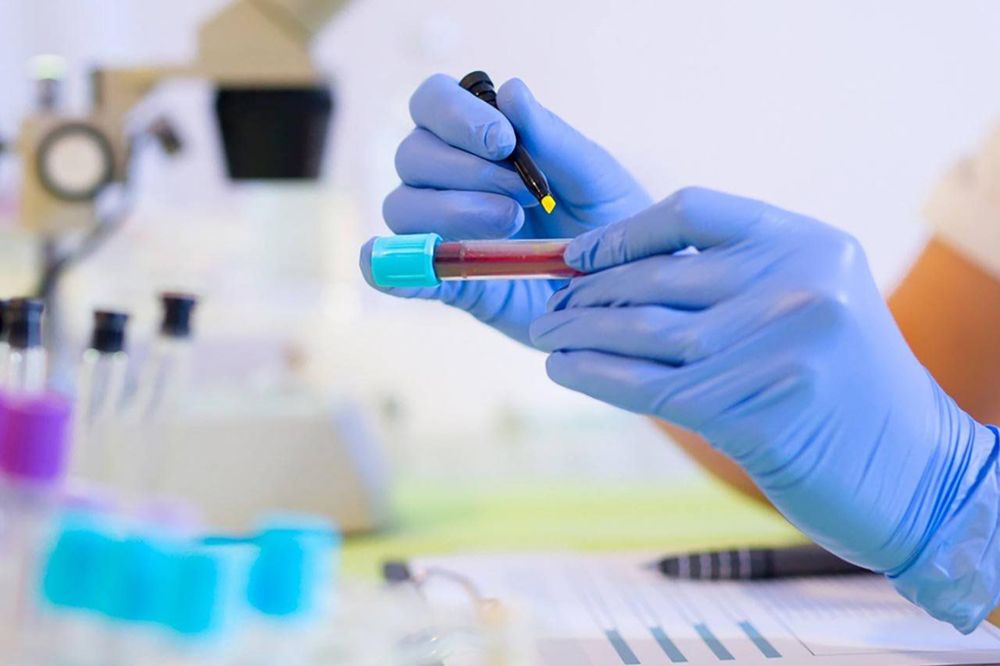
Các xét nghiệm giúp chẩn đoán sớm đề kháng insulin
Measure the ratio of insulin concentration to blood glucose concentration (I/G). Normally this ratio ranges from 0.3 to 0.4. If it is lower, it may suggest insulin resistance. Homeostatic model assessment (HOMA): measures glucose and insulin in the blood and then uses calculations to estimate beta cell function and insulin sensitivity. Insulin tolerance test (ITT): Intravenous infusion of insulin, followed by multiple glucose and insulin tests, to help determine whether insulin sensitivity or resistance is present. Blood insulin quantification: Fasting insulin levels are often variable, but insulin levels are often elevated in people with insulin resistance. Specific insulin suppression tests are used to study insulin resistance, but are less widely used in practice.
6. How to reduce insulin resistance
The first way to reduce insulin resistance is often mentioned as a change in diet and lifestyle. The American Diabetes Association (ADA) recommends weight loss (in people who are obese or overweight), moderate and regular exercise, a diet that increases fiber, and reduces meat intake. especially red meat) are ways to reduce insulin resistance and increase the body's sensitivity to insulin.
In addition, excessively high blood sugar in people with insulin resistance should be corrected with oral medications that help control blood sugar.
Currently, Vinmec International General Hospital is providing a Diabetes Screening Package to help patients detect the disease early and improve treatment efficiency.
Please dial HOTLINE for more information or register for an appointment HERE. Download MyVinmec app to make appointments faster and to manage your bookings easily.




